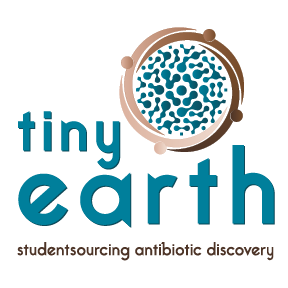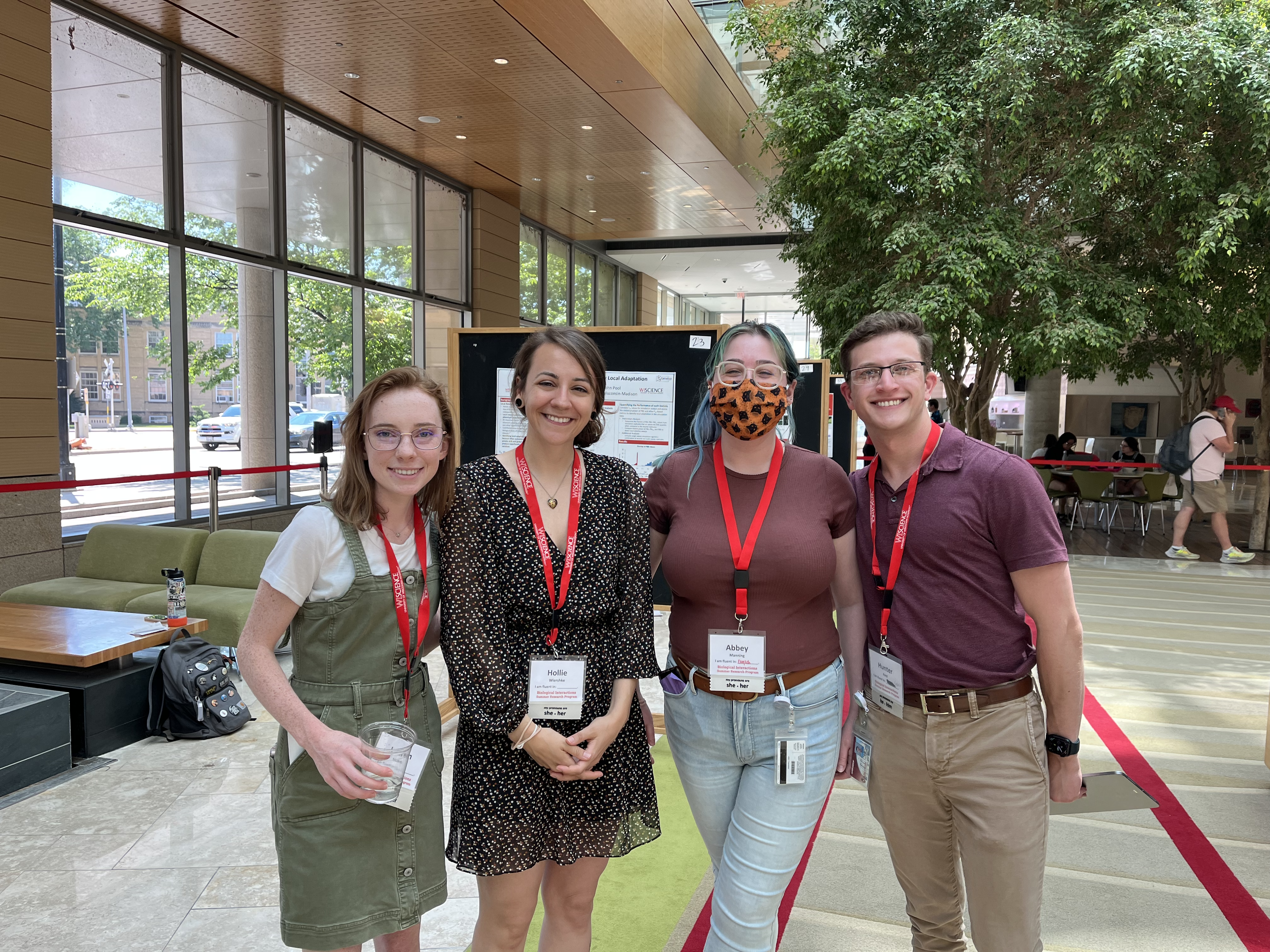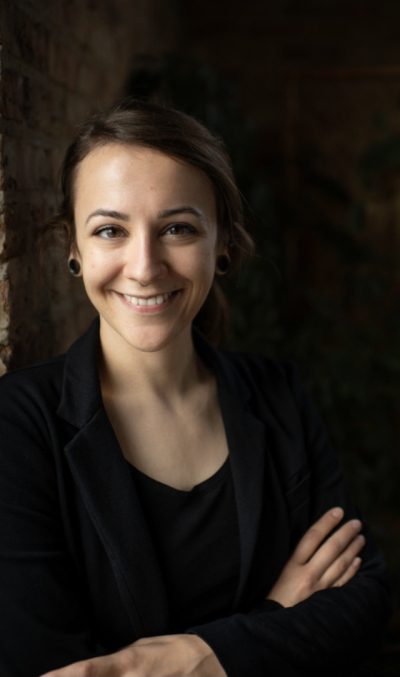 The Tiny Earth Summer Research Course (TESRC) was launched in late May at the University of Wisconsin-Madison. Tiny Earth Partner Instructors (TEPIs) from partnered institutions Baton Rouge Community College, Madison College, and College of Menominee Nation helped recruit applicants for the program. Four students were selected from the pool of applicants to participate in a 10-week intensive research project to develop microbiological, chemical, and computational skills and techniques relevant to the antibiotic discovery pipeline. All four students have previously completed a Tiny Earth course at their home institution and will continue their research journeys at UW-Madison to hone in on their lab skills, develop unique experimental methods, and gain science communication competency.
The Tiny Earth Summer Research Course (TESRC) was launched in late May at the University of Wisconsin-Madison. Tiny Earth Partner Instructors (TEPIs) from partnered institutions Baton Rouge Community College, Madison College, and College of Menominee Nation helped recruit applicants for the program. Four students were selected from the pool of applicants to participate in a 10-week intensive research project to develop microbiological, chemical, and computational skills and techniques relevant to the antibiotic discovery pipeline. All four students have previously completed a Tiny Earth course at their home institution and will continue their research journeys at UW-Madison to hone in on their lab skills, develop unique experimental methods, and gain science communication competency.
TESRC aims to engage underrepresented students from two-year and tribal colleges in microbiological and agricultural sciences, offer undergraduate research opportunities with a focus on student retention in STEM fields, and support meaningful research outcomes in the antibiotic discovery pipeline. The program is made possible thanks to a grant from USDA NIFA (award number 2021-67037-34618).
In the Tiny Earth Chemistry Hub (TECH)—an extension of Jo Handelsman’s Lab—students have worked through an accelerated version of the Tiny Earth Classic course. In these first few weeks, they isolated and characterized antibiotic-producing bacteria from soil and extracted crude chemicals for bioassay screening. After prioritizing their collected isolates, students will work closely with their assigned postdoc mentors to develop and investigate their unique research question to identify bioactive compounds in their extracts and induce new bioactive compounds.
Meet the 2022 TESRC students
Lauren
“The TESRC 2022 internship has taught me how to apply my previous knowledge so that I can design and execute experiments with minimal help. This skill and many others that I have developed during my time with Tiny Earth have helped me further my abilities and better prepared me to pursue a graduate degree in microbiology.” —Lauren
Year: Sophomore at Baton Rouge Community College
Major: Microbiology
Hobbies/Interests: I’m an archer, rock climber, and I just started learning to hand embroider.
Hollie
Year: Junior at Madison College
Major: Neurobiology
Hobbies/Interests: I run and do yoga most days. I moved to Madison very recently from Milwaukee but am from Green Bay originally. I have previously been interested in film/filmmaking but have very little time these days. I’ve always been very into music – both listening and playing. I read a lot of old psych books from the 50’s and 60’s.
Abbey
“I think that my favorite part of TESRC it is testing isolates against pathogens since it is satisfying to see the zone of inhibition some of the isolates have.” —Abbey
Year: Graduated with an Associates degree from Madison College
Major: aiming to continue education in Genetics and Genomics at UW-Madison
Hobbies/Interests: My hobbies are reading and art. I am trying to get into plant keeping however I am not very good at it. My music taste seems to continuously bounce between three types: 2000s emo, K-pop, and garbage mashups.
Research statement & working hypothesis: The use of antibiotics is used in many facets of life so there is a vested interest in antibiotic discovery especially with the continuing resistances bacteria develop. Pseudomonads with different morphology will have different active compounds.
Hunter
“I enjoy the thought of making people happy, and it’s awesome to know that I’m able to find something new that could help someone, and tiny earth has given me the research, communication, and networking skills that will drive me and my career for years to come, so I can help more people.” —Hunter
Year: Sophomore
Major: Biology
Hobbies/Interests: Gamer, gym, traveling, and foods/drinks
Research hypothesis: More bacteria could become active against pathogen with the effects of cucumber juice since the bacteria could become stronger with the vitamins and minerals that cucumbers inhabit.






